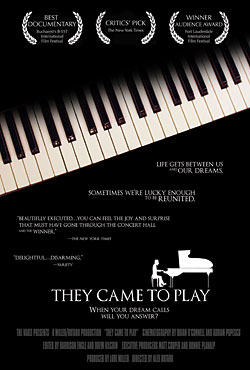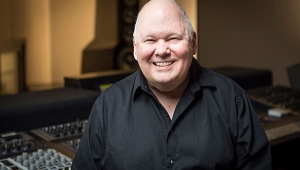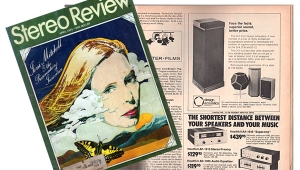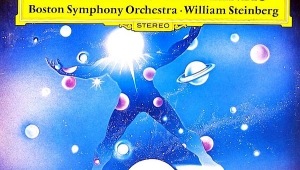| Columns Retired Columns & Blogs |
I'm glad to hear I'm not the only one who got emotionally moved by this movie. FYI it is available for streaming on Netflix, which is where I discovered it.
Esfir Ross deserves special attention. While she has a great story, I don't think you could spend five minutes with that lady without crying from laughter.
 This month I am writing about the Loudness Wars! But first a DVD, They Came to Play. The quest, or the hero's journey, has been a major theme of literature for as long as there has been literature. From the epic of Gilgamesh to The Adventures of Huckleberry Finn to Moby-Dick to The Lord of the Rings, the quest's plot trajectory has remained pretty much consistent: be confronted by a challenge; leave home; bond with a new friend; survive climactic showdown; discover true self.
This month I am writing about the Loudness Wars! But first a DVD, They Came to Play. The quest, or the hero's journey, has been a major theme of literature for as long as there has been literature. From the epic of Gilgamesh to The Adventures of Huckleberry Finn to Moby-Dick to The Lord of the Rings, the quest's plot trajectory has remained pretty much consistent: be confronted by a challenge; leave home; bond with a new friend; survive climactic showdown; discover true self.





































